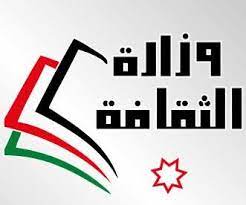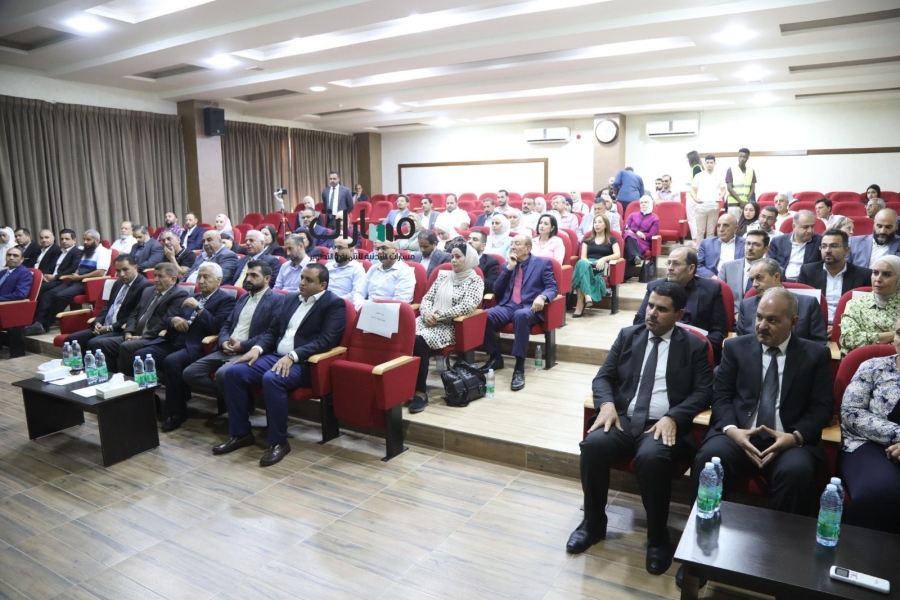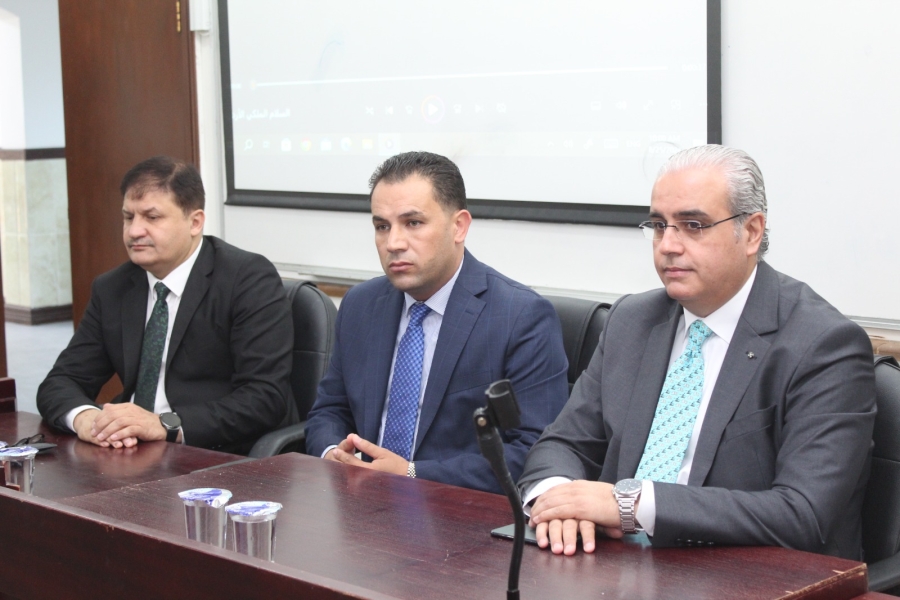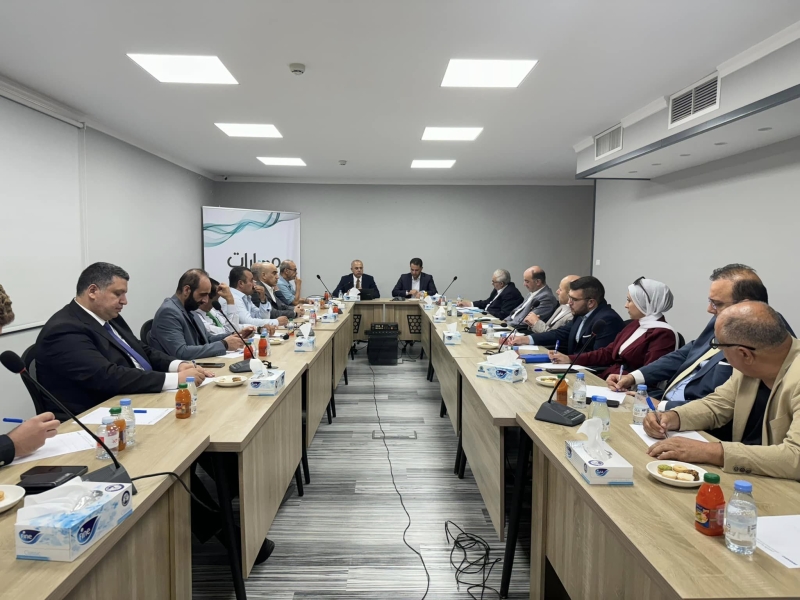“مسارات” و”الثقافة” تعقدان ندوة عن الوعي الوطني بتاريخ المملكة وظروفها السابقة

عقدت مؤسسة “مسارات الأردنية للتنمية والتطوير”، بالتعاون مع وزارة الثقافة، السبت، ندوة تحدّث بها المختص بالتاريخ الإسلامي، الدكتور محمد خريسات، عن كيفية تبلور وعي الشخصيات الأردنية الوطنية وفهمها لكيان الدولة وسياقها وظروفها خلال المئة عام الماضية
وتأتي الندوة ضمن مشروع “استنطاق مئوية الدولة وتحقيبها على 10 عقود”، الذي أطلقته المؤسسة بالتعاون مع وزارة الثقافة، والذي يُعنى بإقامة ندوات تثقيفية تُغطي الحقب العشرة للمئوية الأولى للدولة، من خلال اختيار أبرز الشخصيات والأحداث التي عايشت تلك الحقب
وأكد خريسات، أن الاعتقاد بأن الأردنيين مجرد بدو رحالة هو تصور خاطئ، فالأردن أسس أول مدرسة في البلاد العربية بمدينة السلط، وفق ما ذكر تقرير سيصدر قريبا في كتاب “قصة مدرسة”، وهو يتغزّل بمدرسة السلط، مشيرًا إلى أن الأردن خرّج أول فوج يُكمل الدراسة الثانوية ويتمكن من الذهاب إلى مختلف الجامعات
ودعا إلى نقد واستقراء التاريخ بتأنٍّ، فليس كل ما يُكتب صحيح، وعلى سبيل المثال، ما حدث في العام 1923 حينما ارتأى الناس أن يكون هناك حكم نيابي وحكومة نيابية دستورية، وطالبوا بإجراء الانتخابات عندما وافقت بريطانيا نهائيًّا على وجود الأمير عبد الله بن الحسين داخل الأردن
وتابع خريسات، أن الحكومة البريطانية ردّت آنذاك بالموافقة على عمل انتخابات، لكنها عندما رغبت بتوقيع المعاهدة مع الأردن، كان لا بد من أن يصادق عليها مجلس منتخب من الأردنيين حتى تأخذ هذه المعاهدة الصفة الشرعية، وبالتالي شعر الأردنيون بالخطر وبدأوا بإقناع الناس بعدم المشاركة في الانتخابات؛ لأن وراءها هدف معين وهي المعاهدة التي سوف تُشكل خطرا على الأردن
وأشار إلى أن المعاهدة كُتبت في العام 1928 وتمت المصادقة عليها في العام 1929، وحينها، بدأت الحكومة بإطلاق شعارات دعائية؛ بما في ذلك أن الأردن معرض للغزو الوهابي، وهذا غير صحيح، بل إن المعاهدة جاءت لحماية اليهود في فلسطين وإقامة دولة يهودية في فلسطين، فبدأت بريطانيا خططها من الجيش، وأرسلت مستشارًا للجيش الذي قال، إن الملك لا يُجنّد ولا يُحرر قوات ولا يُنفق على الجيش
ولفت خريسات إلى أن الأردن في ذكرى وعد بلفور بالعام 1928، شهد مظاهرة في محافظة إربد، ومظاهرة أخرى نفّذتها مجموعةٌ من الطلبة في السلط، فيما قام الجيش حينها بسجن المشاركين في المظاهرات، مضيفا أن الأردن شهد مظاهرات في ذكرى وعد بلفور سنويًّا
وأوضح، أن هذا التوجه للجيش كان وسيلة من الوسائل الضاغطة على الأمير عبد الله الذي كان في وضع “لا يُحسد عليه”، في ضوء عدم وجود رافد مالي، ما اضطره للمصادقة على المعاهدة، مبينا أن بريطانيا أرسلت مستشارا آخر للمالية لتنظيم الأموال والمساعدات الخارجية، وبالتالي أصبح لديها هيمنة مالية
وتابع خريسات، أن بريطانيا أرسلت مستشارا قضائيا، والقضاء هو ركن أساسي من أركان الدولة، وبذلك أصبح الإنجليز موجودين في كل مكان بالأردن
وأشار إلى أن المعارضة رفعت تقارير إلى المندوب السامي البريطاني والمعتمد البريطاني، مؤكدةً فيها أنها ليست ضد الأمير عبد الله بل تؤيد وجود حكومة تحت رئاسته، لكنها طالبت بمجلس نيابي يُنتَخَب وفق الأنظمة والقوانين المعمول بها
وأضاف خريسات، أن المعارضة طلبت ألا يكون لهذه الحكومة أي علاقة بحكومة فلسطين؛ لخشيتها من وعد بلفور، علمًا أن المادة 25 من الصك استثنت الأردن من وعد بلفور، لكن اليهود كانوا يطالبون بأن تنتهي حدود فلسطين عند محطة سكة الحديد في عمان؛ لذلك قالت المعارضة إنها لا تريد أن يكون لها علاقة مع الحكومة
وذكر، أن من ضمن مطالب المعارضة، منع الحجرة الصهيونية إلى داخل البلاد، ومنع بيع الأراضي، وأن يكون لهذه الحكومة جيش يحفظ النظام ويأتمر بإمرة أمير البلاد، ورفض تسليم الأسلحة الموجودة، وإعفاء المجرمين السياسيين (وهم المعارضون السياسيون المسجونون أو المطلوبون للجهات الأمنية)، وحرية التجارة، بالإضافة إلى أن تكون سكة حديد الحجاز الواقعة على الأراضي الأردنية ملكًا للأردن
وأوضح خريسات، أن هذه المطالب تكشف ما وراء المعاهدة؛ “لذلك عندما نتكلم عن المعاهدة وما وراءها والدور الذي تؤديه، والبرقيات التي كانت تُرسل إلى الأمير عبد الله أو المندوب السامي أو المعتمد البريطاني أو عصبة الأمم، فإنها تُشير إلى أن هؤلاء (المعارضين) تخرجوا من أفضل الجامعات الموجودة، لما كانت تتضمنه رسائلهم من آراء”
ولفت إلى أن “أهل الأردن طالبوا بجامعة عام 1957 في الوقت الذي لم تفكر به دول عربية بتأسيس جامعات”، داعيًا الباحثين العرب والأردنيين والفلسطينيين إلى الاطلاع على التقارير التي كانت ترفعها الدولة المنتدبة (بريطانيا) إلى عصبة الأمم؛ لأنها تكشف الكثير من الحقائق التاريخية
وشارك في الندوة التي أدارها مقرر لجنة الشباب المنبثقة عن اللجنة الملكية لتحديث المنظومة السياسية، سلطان الخلايلة، نائب رئيس مجلس أمناء مؤسسة “مسارات الأردنية للتنمية والتطوير”، النائب والمحلل السياسي عمر العياصرة، وجمهور من الشباب الأردني الناشط والمهتم بالشأن السياسي والتاريخي






